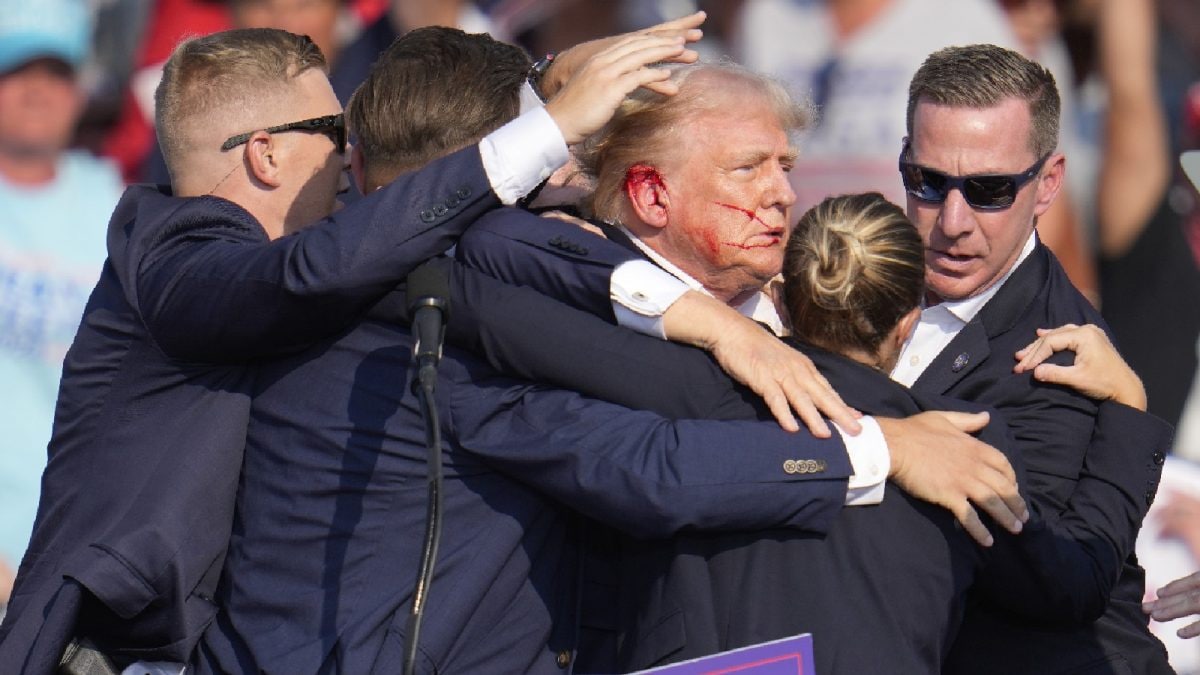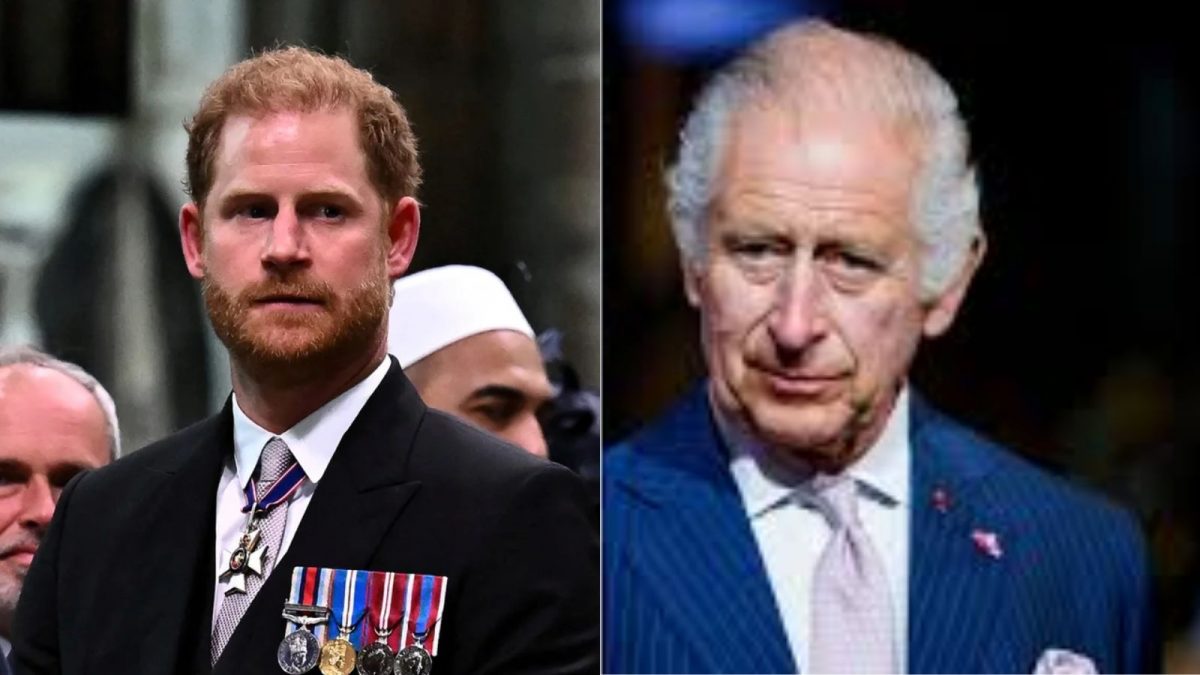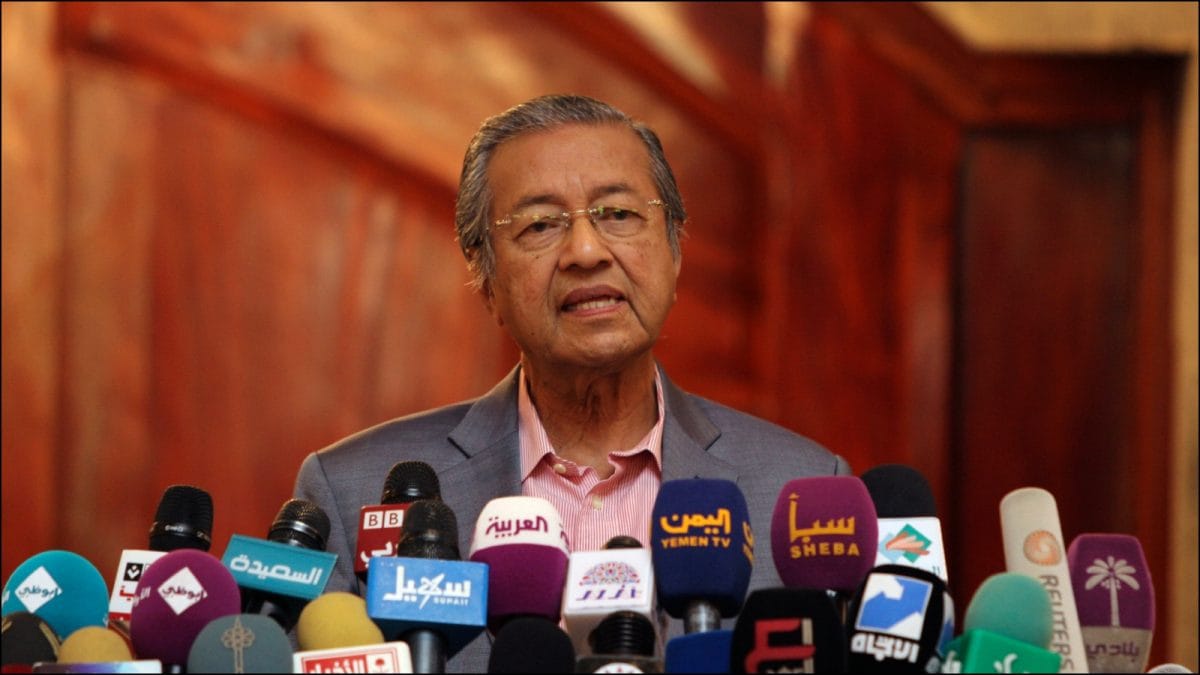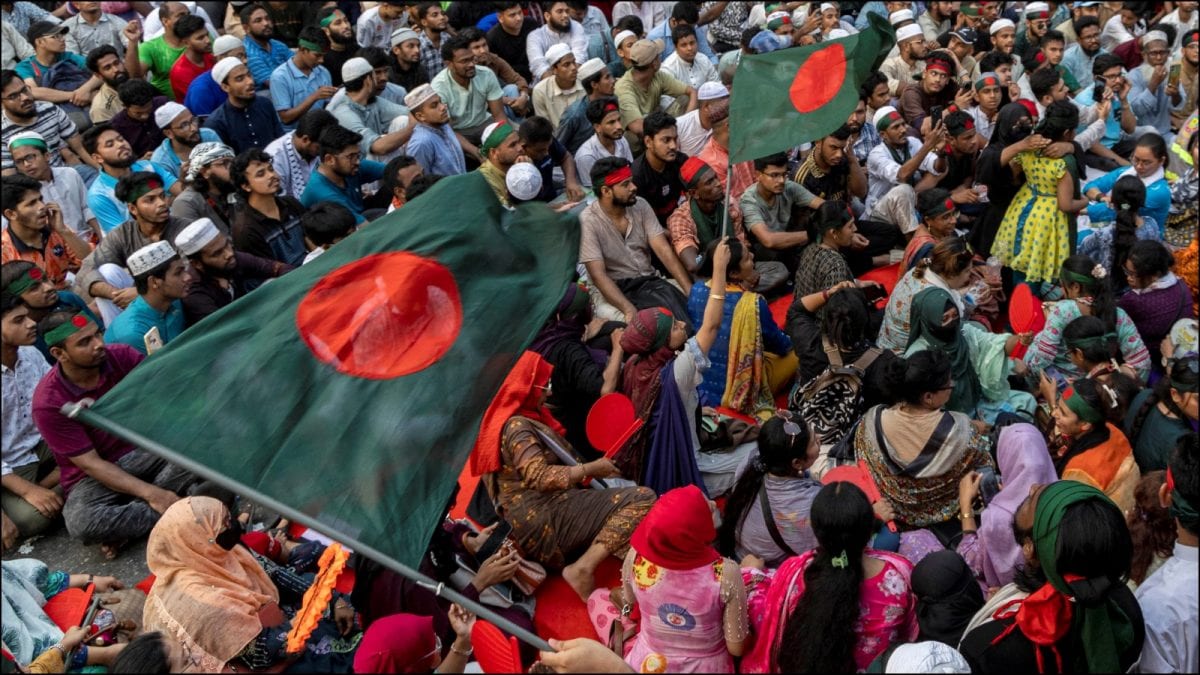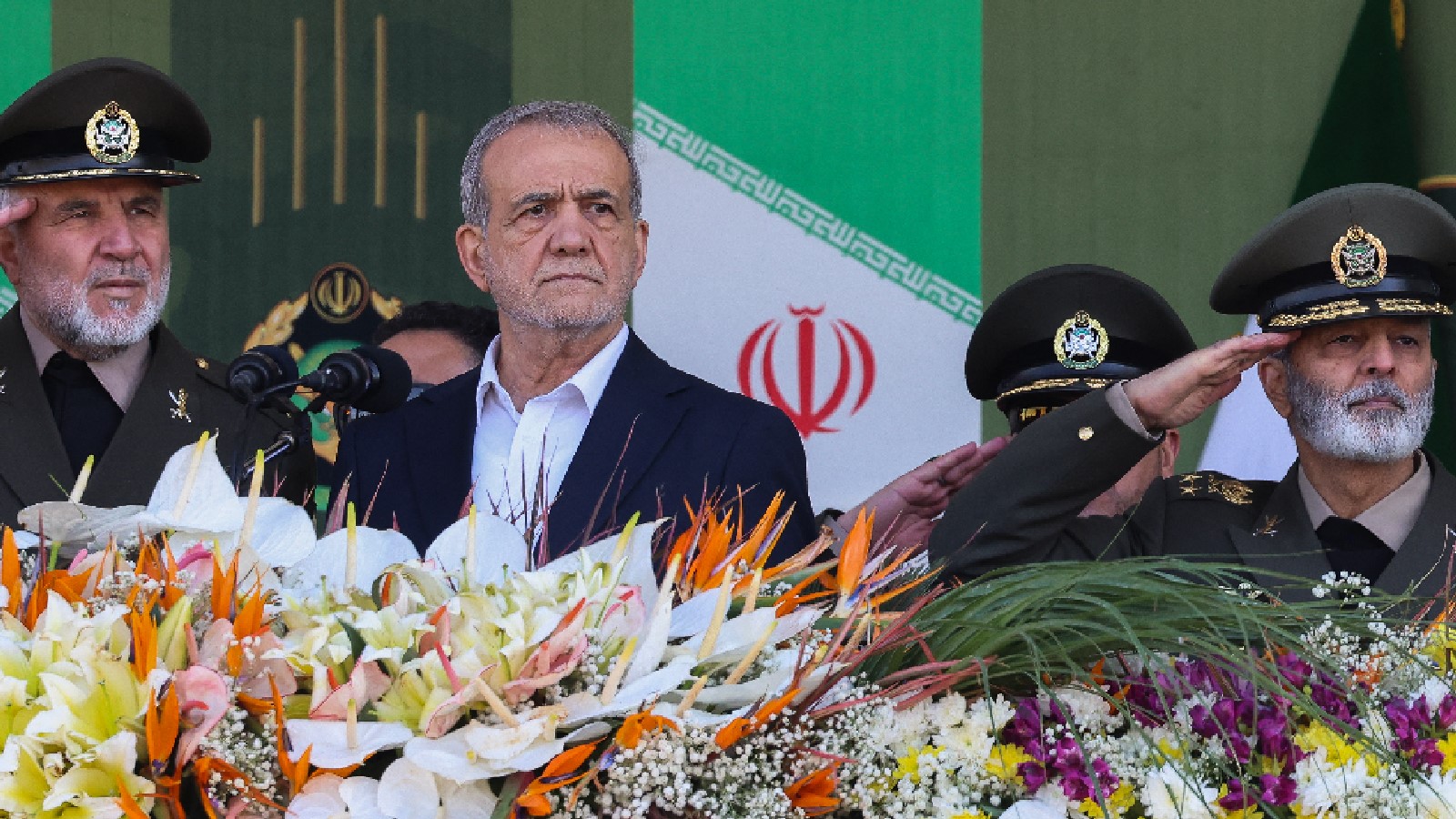Last Updated:July 13, 2025, 17:11 IST
China said India should be aware that the Dalai Lama's reincarnation and succession is an "inherently internal affair of China, brooking no interference of any external forces"

China said it attaches importance to the protection and development of ethnic minority cultures. (Image: @ChinaSpox_India/X)
Ahead of External Affairs Minister S Jaishankar’s visit to China – the first time since the Galwan clashes in 2020 – China on Sunday said the succession of Tibetan spiritual leader, the Dalai Lama, is a thorn in its relations with India.
The Chinese embassy in New Delhi said India should be “fully cognizant" to the sensitive nature of issues related to ‘Xizang’ – a term used by China to refer to Tibet – and that the reincarnation and succession of the Dalai Lama is an “inherently internal affair of China, brooking no interference of any external forces".
“In reality, Xizang-related issue is a thorn in China-India relations and has become a burden for India. Playing the “Xizang card" will definitely end up shooting oneself in the foot," Yu Jing, spokesperson for the Chinese embassy in India, wrote on social media platform X.
🔹It has been noted some people from strategic and academic communities, including former officials, have made some improper remarks on the reincarnation of Dalai Lama, contrary to Indian government’s public stance.🔹As professionals in foreign affairs, they should be fully… pic.twitter.com/HlG2IdvW1P— Yu Jing (@ChinaSpox_India) July 13, 2025
WHAT DID CHINA SAY ABOUT ‘XIZANG’?
Reiterating its views on comments by Indian ministers and officials, China said it has noted “some people from strategic and academic communities, including former officials" have made “improper remarks" on the reincarnation of the Dalai Lama. This, Beijing claimed, is “contrary to Indian government’s public stance".
“Chinese government attaches great importance to the protection and development of ethnic minority cultures. In Xizang, Tibetan people continued to freely maintain their traditional culture, such as traditional attire, food culture, and architectural styles, etc.." Yu Jing wrote on X, posting pictures of the region it refers to as ‘Xizang’.
Yu did not name anyone but in recent days, Indian strategic affairs analysts and a government minister backed the Dalai Lama’s remarks on his succession.
The Indian government has made political commitments to China and recognises Xizang Autonomous Region as part of the territory of the People’s Republic of China, Yu said. It does not allow Tibetans to engage in political activity against China in India, the embassy official added.
WHAT IS INDIA’S STANCE?
Earlier, too, China had warned India over the “sensitivity of issues" related to Tibet and the Dalai Lama by using the term ‘Xizang’ for Tibet. It had said India should avoid interfering in China’s internal affairs.
It was objecting to remarks made by Union minister Kiren Rijiju, who sat next to the Dalai Lama during the birthday festivities a week ago, and said as a practising Buddhist, he believes only the spiritual guru and his office have the authority to decide on his reincarnation.
His remarks seemingly backed the Dalai Lama’s statement that China had no role to play in his succession. Calling this “anti-China separatist nature", Chinese foreign ministry spokesperson Mao Ning called on India to honour its Tibet-related commitments.
In response to this, the ministry of external affairs (MEA) had said the central government does not have a position on the succession of the Dalai Lama. It reiterated India’s stance of not taking a position on faith or religion.
“Government of India does not take any position or speak on matters concerning beliefs and practices of faith and religion," MEA spokesperson Randhir Jaiswal said, while responding to media queries on July 4. “The government has always upheld freedom of religion for all in India and will continue to do so."
Ahead of celebrations this month for his 90th birthday that were attended by senior Indian ministers, the Dalai Lama riled China again by saying it had no role in his succession. Tibetans believe the soul of any senior Buddhist monk is reincarnated after his death, but China says the succession will also have to be approved by its leaders.
The Dalai Lama has been living in exile in India since 1959 following a failed uprising against Chinese rule in Tibet, and Indian foreign relations experts said his presence gives New Delhi leverage against China. India is also home to about 70,000 Tibetans and a Tibetan government-in-exile.
(With agency inputs)

Oindrila Mukherjee is a senior sub-editor who works for the rewrite and breaking news desks. Her nine years of experience in print and digital journalism range from editing and reporting to writing impactful st...Read More
Oindrila Mukherjee is a senior sub-editor who works for the rewrite and breaking news desks. Her nine years of experience in print and digital journalism range from editing and reporting to writing impactful st...
Read More
News world 'Playing Xizang Card…': China Says Dalai Lama Succession Thorn In Ties With India
Disclaimer: Comments reflect users’ views, not News18’s. Please keep discussions respectful and constructive. Abusive, defamatory, or illegal comments will be removed. News18 may disable any comment at its discretion. By posting, you agree to our Terms of Use and Privacy Policy.

 8 hours ago
8 hours ago




